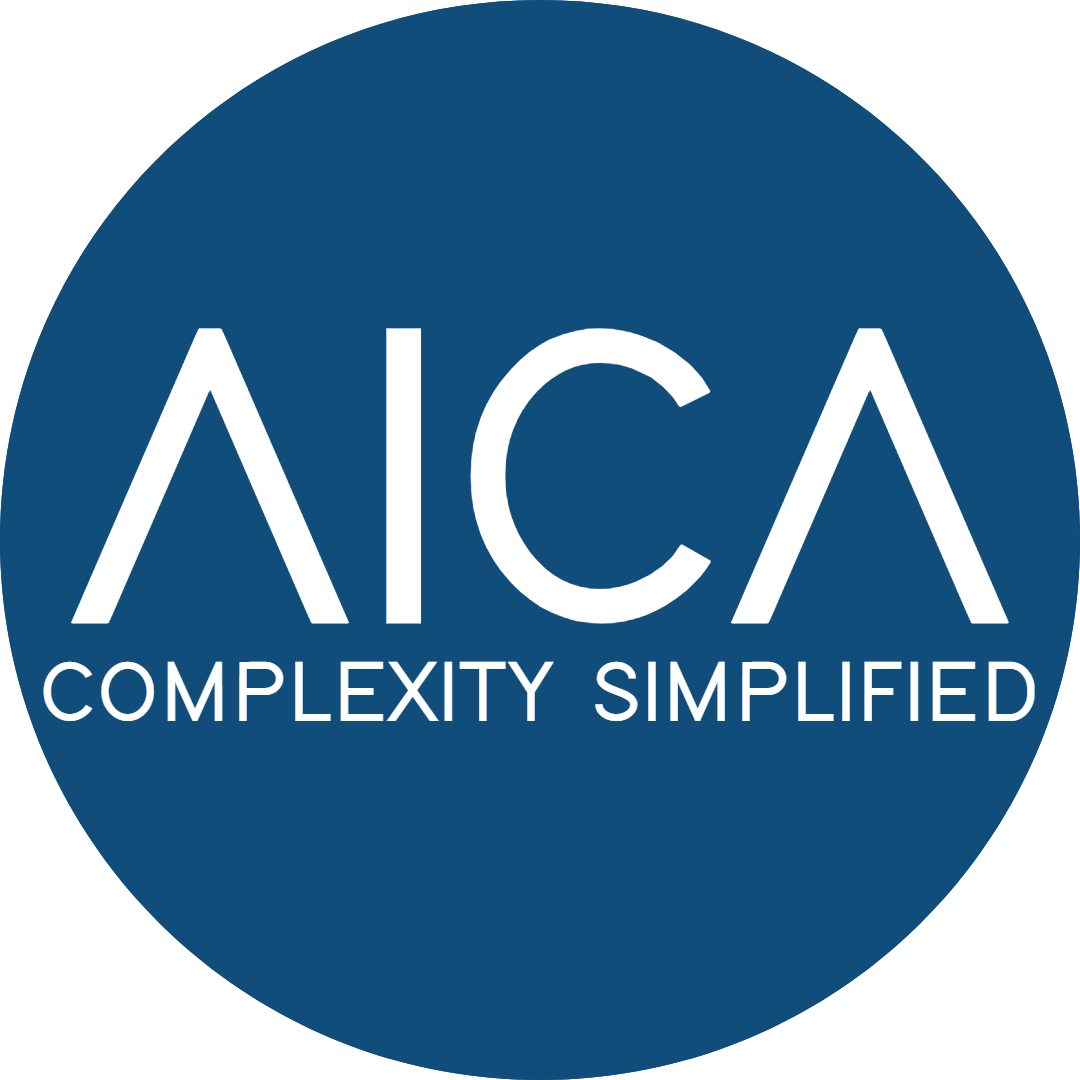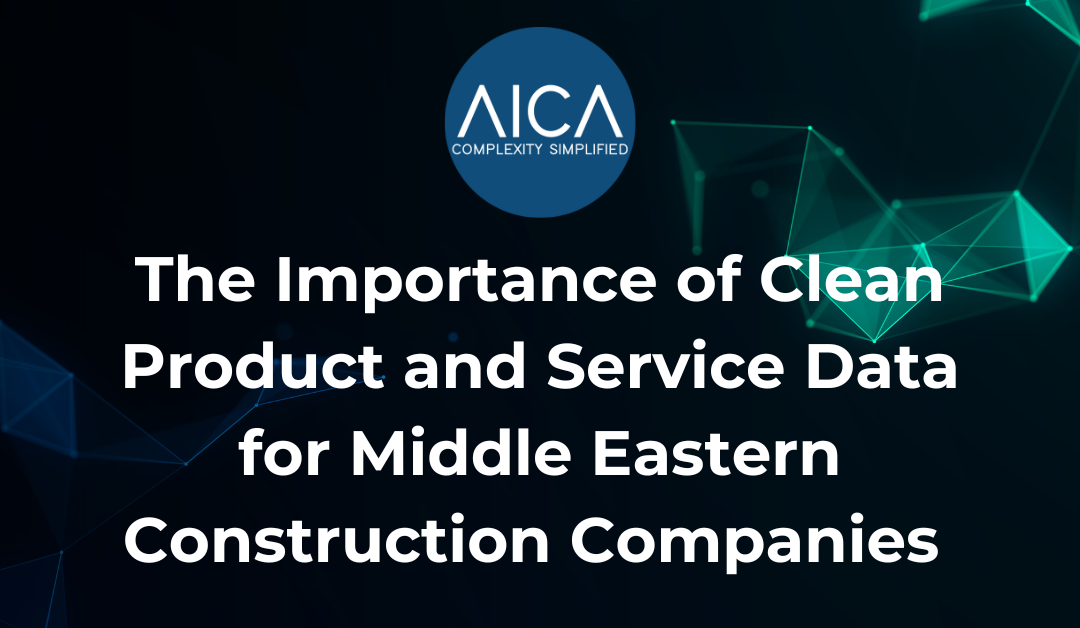Construction companies across the Middle East, from infrastructure projects to residential developments, handle extensive volumes of product and service data daily. However, when this data becomes inaccurate, inconsistent, or outdated—commonly referred to as “dirty data”—it can cause costly inefficiencies, procurement errors, and miscommunications.
Ensuring data cleanliness is therefore not only beneficial but essential in maintaining effective operations and optimising resources.
What Is Clean Data?
Clean data is accurate, complete, consistent, and organised in a standardised format. This involves eliminating duplicates, correcting errors, filling in missing information, and keeping the data up-to-date.
For construction companies, clean product and service data encompasses details on materials, equipment, suppliers, labour, and more, helping to ensure operational efficiency and reliability.
Why Clean Data Is Crucial for Construction Companies
- Informed Decision-Making
Clean data enables reliable insights, helping teams make informed choices. When data is accurate, organisations can forecast, strategise, and adapt to market changes confidently, improving overall outcomes. - Cost Efficiency
Errors due to dirty data, such as duplicate orders or incorrect stock levels, can drive up costs. Clean data minimises these inefficiencies, leading to reduced operational expenses and better budget control. - Streamlined Operations
From procurement to inventory management, clean data ensures that processes run smoothly. Accurate data allows staff to find and utilise product information efficiently, minimising delays and downtime. - Enhanced Customer and Supplier Relations
Clean, accurate data improves communication, helping organisations provide timely, relevant responses to clients and suppliers, building stronger relationships and increasing satisfaction. - Compliance and Risk Mitigation
With regulatory standards in place across the construction industry, clean data ensures companies stay compliant, reducing the risk of penalties and safeguarding their reputation. - Reliable Analytics and Insights
Clean data allows for more accurate analytics, enabling companies to identify trends, uncover opportunities, and make data-driven decisions. Dirty data, by contrast, can skew analysis, leading to incorrect conclusions and missed opportunities. - Foundation for AI and Automation
Accurate, standardised data is essential for AI and automation tools to work effectively. Dirty data can impede machine learning processes, reducing the efficacy of automated solutions and leading to inconsistent results.
What Is Dirty Data?
Dirty data refers to information within a dataset that is inaccurate, incomplete, duplicated, or outdated. Common types of dirty data include duplicate entries, inconsistent formats, incomplete records, and outdated information. In the construction sector, dirty data can lead to disruptions in procurement, errors in inventory management, and unreliable reporting, all of which can negatively impact project timelines and budgets.
Examples of Dirty Data in Construction:
- Duplicate Entries: Multiple entries for the same product or supplier, creating confusion and increasing costs.
- Inconsistent Formats: Differences in units or naming conventions (e.g., “tons” vs. “tonnes”) can lead to miscalculations.
- Incomplete Information: Missing product specifications or supplier details can delay decision-making and purchasing.
- Outdated Data: Using old pricing or unavailable materials in records can result in budgeting inaccuracies.
Steps to Achieving Clean Data
- Data Assessment
Begin with a comprehensive assessment of current product and service data. Identify errors, duplicates, and inconsistencies to understand the extent of the issues. - Standardisation
Standardise formats across records to ensure consistency. - Data Cleansing
Remove duplicates, correct errors, and fill in missing information. This process can be done manually or with automated tools for better efficiency. - Data Enrichment
Enrich data by adding missing attributes, specifications, or supplier information. Enriched data provides a more complete view of resources, helping in planning and decision-making. - Regular Data Maintenance
Implement regular data audits and updates to keep information relevant. Consistent maintenance ensures that data continues to support operational efficiency.
How AICA Can Help
AICA understands the data challenges faced by construction companies. Our AI-powered data cleansing and enrichment solutions are specifically designed to handle large datasets efficiently and accurately. AICA’s platform helps automate processes like data deduplication, standardisation, and enrichment, helping construction companies maintain high data quality.
With AICA, construction companies can benefit from:
- Accurate, Deduplicated Data: Eliminate duplicates and inconsistencies for clear, actionable data.
- Enhanced Supplier and Material Records: Enrich records with missing attributes, descriptions, and classifications for a more complete data profile.
- Seamless Integration: Our solution integrates with ERP, EAM, MDM, and inventory systems, providing a unified data view across your organisation.
AICA’s data cleansing and enrichment services empower construction companies to make data-driven decisions, streamline operations, and improve procurement and inventory processes. By ensuring clean, enriched data, AICA helps construction companies maintain project timelines, control costs, and comply with industry standards.
Final Thoughts
For Middle Eastern construction companies, maintaining clean product and service data is essential for efficient, cost-effective operations. Clean, enriched data supports better decision-making, operational efficiency, and cost savings. By implementing effective data management practices and leveraging AICA’s AI-powered solutions, construction companies can unlock the full potential of their data, driving operational success and competitive advantage.
Ready to take control of your data? Learn how AICA’s data cleansing and enrichment services can streamline your operations and improve your bottom line.
Visit our website to get started.
Copyright Reserved © AICA Data International Ltd 2024

